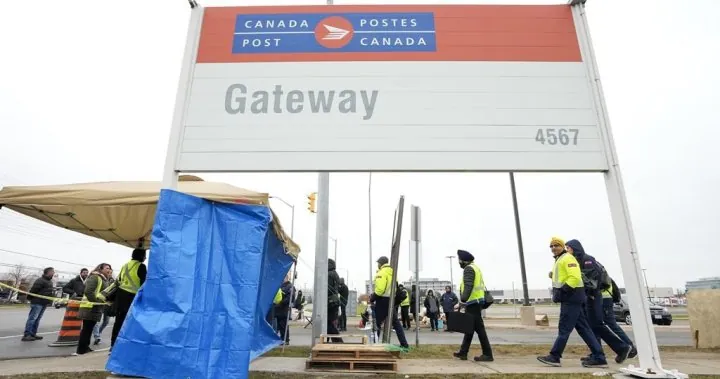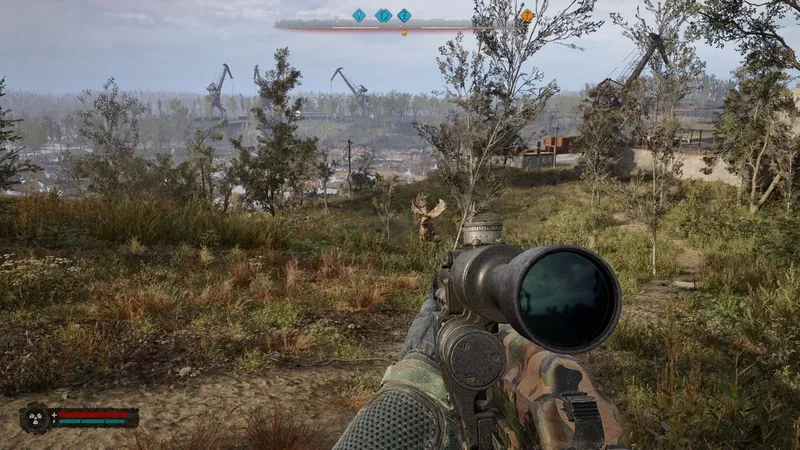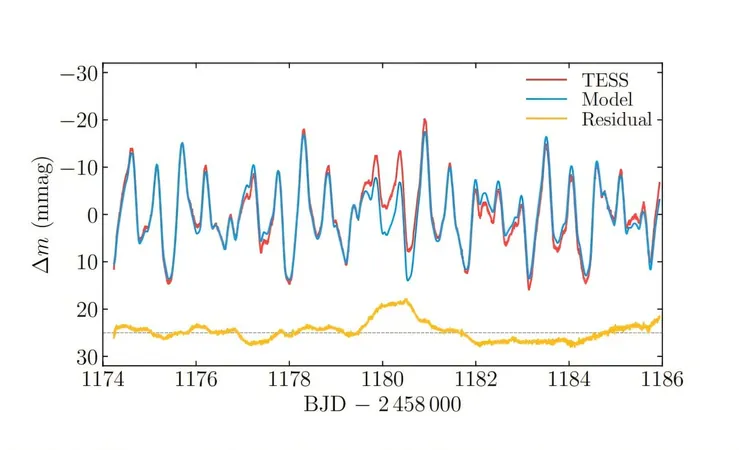
Ongoing Canada Post Strike Enters Second Week Amidst Stalled Negotiations and Rising Tensions
2024-11-23
Author: Charlotte
Ongoing Strike and Stalled Negotiations
The strike at Canada Post shows no signs of resolution as both the postal workers' union and company representatives remain significantly apart in negotiations, now entering into their second week. Despite ongoing discussions over the weekend facilitated by a special mediator, Canada Post officials express that there have not yet been “major breakthroughs” in achieving a new labor agreement.
Financial Struggles of Canada Post
Jon Hamilton, the vice-president of strategic communications at Canada Post, emphasized the company's desire to reach a fair agreement while highlighting the financial difficulties the corporation is facing. "We aim to ensure good-paying jobs for our employees, but there's a limit to how far we can accommodate the union’s demands," he stated. The financial landscape for Canada Post is concerning, with the company reporting a staggering loss of $315 million before taxes in the third quarter—an increase from a $290 million loss the previous year. Analysts predict another significant deficit in 2024, potentially marking the seventh consecutive year in the red.
Union Leadership Stands Firm
Union leadership, represented by Jan Simpson, president of the Canadian Union of Postal Workers (CUPW), remains steadfast. "While morale is high among our picketing workers, layoffs and cutbacks on benefits are escalating as Canada Post tries to improve its financials,” she commented in an interview. Simpson criticized the notion of negotiating a contract at the expense of the workers, suggesting that a settlement could have been reached much earlier if the company had been willing to engage more earnestly.
Impact of the Strike
The strike’s impact is already evident, with Canada Post claiming a shortage of over eight million parcels compared to the same timeframe last year. Over 55,000 workers across the country began their strike on November 15, focusing the negotiations on crucial issues such as wage increases, job security, and working conditions. The CUPW is demanding a cumulative wage hike of 24 percent over four years, arguing that inflation has substantially eroded purchasing power for workers. In contrast, Canada Post has proposed an 11.5 percent wage increase over the same period.
Future of Work at Canada Post
The negotiations have also sparked discussions about the future of work within the company. While Canada Post aims to introduce part-time contract workers for weekend parcel deliveries, the CUPW emphasizes the importance of full-time employment and the associated benefits. "Creating a gigified workplace within a Crown corporation is not the answer," Simpson argued, insisting upon the need for a more sustainable employment model.
Decline in Package Deliveries
The ongoing labor dispute has led to a noticeable decline in delivered packages; Canada Post reported a drop of six million packages, nearly a 10 percent decrease year-over-year. Meanwhile, competitors such as Purolator and FedEx have seen an uptick in business, capitalizing on the service gap left by the strike.
Need for Resolution
With labor costs ballooning by $242 million from 2022 to 2023—amounting to 70 percent of Canada Post's revenue—both sides acknowledge the pressing need for a resolution before federal intervention becomes necessary. Although the government has refrained from stepping in so far, the stakes are high, as the strike leaves countless Canadians, small businesses, and even charities grappling with diminished postal services.
"We are committed to reaching an agreement," Hamilton noted, stressing the impact of the strike not only on Canada Post but on Canadians at large, particularly those in remote northern communities who have been relying on postal services that are now severely disrupted. The call for a timely resolution is clear, but the path forward remains fraught with challenges.









 Brasil (PT)
Brasil (PT)
 Canada (EN)
Canada (EN)
 Chile (ES)
Chile (ES)
 España (ES)
España (ES)
 France (FR)
France (FR)
 Hong Kong (EN)
Hong Kong (EN)
 Italia (IT)
Italia (IT)
 日本 (JA)
日本 (JA)
 Magyarország (HU)
Magyarország (HU)
 Norge (NO)
Norge (NO)
 Polska (PL)
Polska (PL)
 Schweiz (DE)
Schweiz (DE)
 Singapore (EN)
Singapore (EN)
 Sverige (SV)
Sverige (SV)
 Suomi (FI)
Suomi (FI)
 Türkiye (TR)
Türkiye (TR)